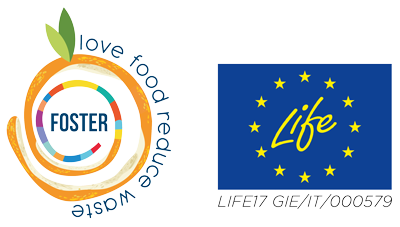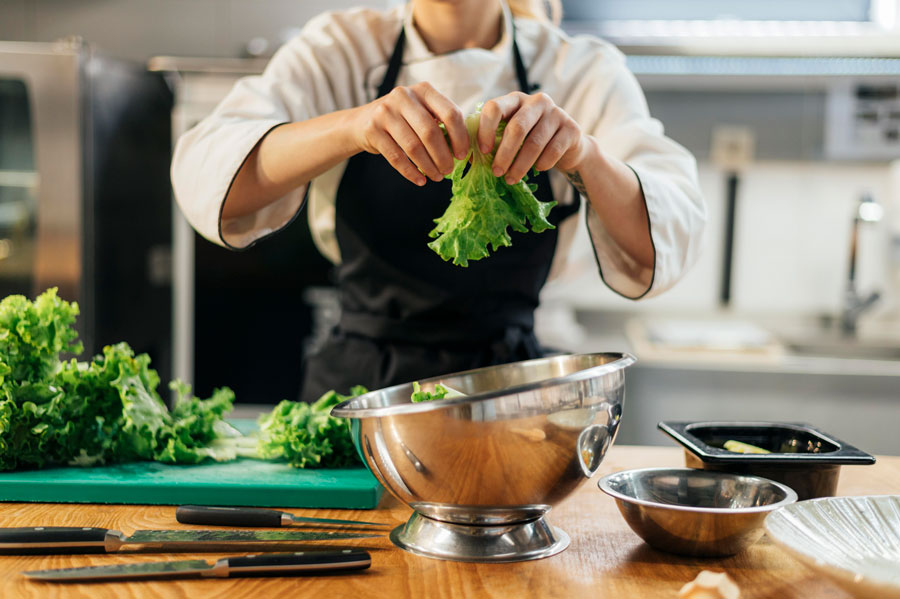
Update professional profiles for restaurant industry with food waste prevention skills
Highlighting skills for food waste prevention will set a specific focus on the importance of working effectively against this problem and save costs
Incorporating food waste prevention contents into vocational training programmes for restaurant industry will help future professionals to adopt correct behaviours in their job places
Students can be Food Waste Prevention Ambassadors during their in-company training, internship or apprenticeship and in their job places, later on

Train trainers and teachers in food waste prevention
Starting with train the trainers programmes is essential to have stronger impact on the problem and durable effects in your organisation. You can adopt the LIFE FOSTER model and toolkit that are based on scientific evidences
You can find your training among multiple LIFE FOSTER solutions – including e-learning programmes on food waste prevention, thematic webinars





